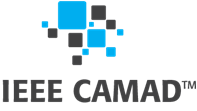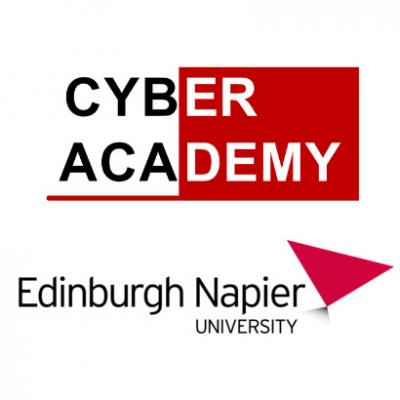6G networks envision ubiquitous computing and connectivity which will ultimately lead to massive growth in data traffic and billions of edge nodes connected with each other. To avoid delays and single point of failure in huge networks, edge devices are now widely employed for various applications, such as intelligent transportation systems, surveillance, and home automation. However, in many scenarios, sophisticated Artificial Intelligence (AI) algorithms are required consuming significant amount of processing power and occupying large storage size which may exceed the available resources of typical edge devices. To overcome this challenge, recent delay sensitive, distributed, and intelligent trends in computing paradigms such as Tiny Machine Learning, Federated Learning, Mobile Edge Computing, Multiaccess Edge Computing, Fog Computing and Computational Offloading are under research, aiming to optimize latency, computing complexity, and resourceful utilization of bandwidth, thus giving rise to a potential research direction of distributed and Intelligent Edge Computing (IEC). Due to significant tasks expected to be handled by edge devices in 6G communications, IEC is deemed to play an important role. To support distributed AI applications on the edge computing platform, efficient life-cycle management and closed-loop automation tools are required to manage the highly heterogeneous computing elements in edge computing (e.g., embedded devices, intelligent base stations, edge and fog, servers, etc.). Also, novel methods are needed to ensure IEC security against attacks, the privacy of the data their models and their trustworthiness, avoiding erroneous decisions and ensuring high performance AI/ML models.
This workshop aims invites researchers from industry and academia to share their recent findings and views on technical advances in IEC and distributed communications. Potential topics include but are not limited to:
- IEC solutions for Beyond 5G (B5G) and 6G communication networks
- Distributed or collaborative intelligence for B5G and 6G communication networks, such as federated learning and Tiny Machine learning
- Edge computing architectures, functionalities and interfaces for B5G and 6G
- Solutions towards a zero-touch service orchestration across B5G/6G with IEC
- Over-the-air (OTA) or online learning and inference
- Coding practices for AI solutions to exploit hardware accelerated platforms
- Orchestration of heterogeneous edge computing devices
- AI based edge computing resource allocation and management
- Communication protocol design for IEC
- Security, privacy, and trust in IEC
- Explainable AI and Trustworthy AI in edge computing
- Digital Twins for IEC
- Intelligent computation offloading
- Mobility management of edge computing devices
- Joint optimization of computing, network, and storage resources of edge devices
- Quality of Service (QoS) aware computation offloading in edge devices
- Key scenarios/applications for distributed IEC and communications (e.g., connected vehicles, UAVs, metaverse)
- Testbeds and simulation platforms for IEC
- Energy efficiency in IEC
- Latency or bandwidth management in IEC
- Limitations or challenges of distributed edge intelligence
- The combination of latest trends such as blockchain, big data, quantum communications, smart grid with edge computing
ORGANIZERS:
General Co-chair:
- Dr. Muhammad Ali Jamshed, University of Glasgow, UK (muhammadali.jamshed@glasgow.ac.uk)
- Dr. Ferheen Ayaz, University of Sussex, Brighton, UK (f.ayaz@sussex.ac.uk)
- Dr. Aryan Kaushik, University of Sussex, Brighton, UK (aryan.kaushik@sussex.ac.uk)
- Dr. Lina Mohjazi, University of Glasgow, UK (lina.mohjazi@glasgow.ac.uk)
- Dr. Irene Vilà, Universitat Politècnica de Catalunya, Spain (irene.vila.munoz@upc.edu)
TPC Co-chair:
-
Dr. Masood Ur-Rehman, University of Glasgow, UK
-
Dr. Haris Pervaiz, University of Essex, UK
-
Prof. Muhammad Ali Imran, University of Glasgow, UK
Prospective authors are invited to submit a full paper of not more than six (6) IEEE style pages including results, figures and references. Papers should be submitted via EDAS. Papers submitted to the conference, must describe unpublished work that has not been submitted for publication elsewhere. All submitted papers will be reviewed by at least three TPC members. All accepted and presented papers will be included in the conference proceedings and IEEE digital library.
Please see Special Session Description for the details.





